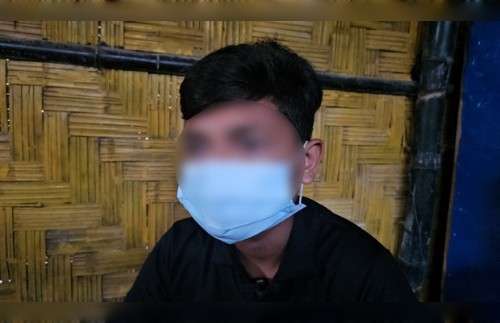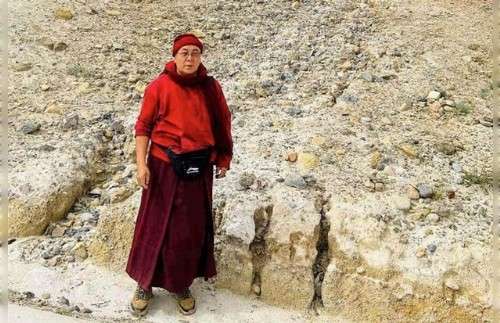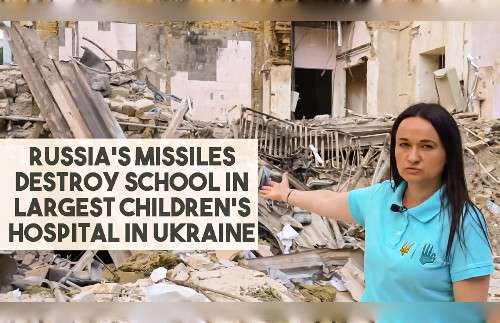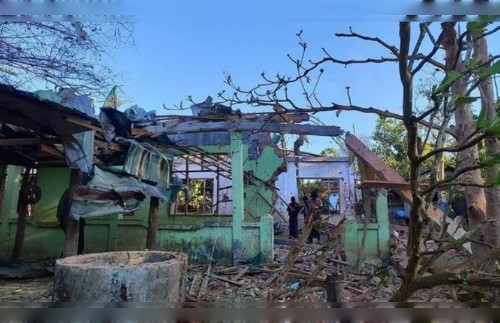Heather Murdock

In 2014, Islamic State militants launched a brutal attack on Yazidi people in northern Iraq.
Survivors say militants often forced men to dig mass graves before killing them and throwing them in. Women and children were captured and sold into forced labor or sexual slavery.
Asia was 12 when she was taken five years ago.
“They came around noon and told us to pack,” she said, a few minutes walk from the mass grave in her village, Kocho.”They said they would take us to the mountains to be free and brought us to a school. First, they took our valuables, our mobile phones and our ID cards.”
In recent weeks, Iraqi and United Nations workers have exhumed what they believe to be the remains of 30 bodies of Yazidi victims of IS from one of the dozens of mass graves in the region.
Thousands were killed and thousands more remain missing in what the United Nations has called a possible genocide.
Asia escaped only weeks ago as the militants lost their last bit of land in a bitterly fought battle for Baghuz, Syria. The trauma is only starting to sink in.
“They were cruel,” she explained.”They starved me, beat me, cut my hands and tortured me.”
“Yazidi” is both an ethnic and a religious identity, and IS often forced slaves to abandon their language and religion.
“They told me if I didn’t pray in their way, I would get no food and water,” she continued.”I had no choice but to pretend to pray in front of them.”
Blame
Activists blame IS militants, saying they hope increased international recognition of their crimes as a genocide will spark international action to punish the perpetrators and help the Yazidi people recover.
But they also blame the Iraqi government for not protecting them in the first place and not solving the continuing crisis. Most of the roughly 400,000 Yazidi people in Iraq have now been displaced for years.
Yazidi human rights activist Nadia Murat was also kidnapped from Kocho as a child and sold as a sex slave by IS. She escaped and went on to win a Nobel Peace Prize for her work advocating against sexual violence as a weapon of war.
“This genocide, those mass graves and all this destruction is a result of the ugly and barbaric IS ideology,” she told a room full of Yazidi mourners and activists in Kocho. “And our rights have been suppressed and betrayed.”
Remains
U.N. officials say they have sent the remains located to Baghdad for identification and plan to return to mass grave sites to continue their work in May. The hope is to eventually exhume all the bodies and return them to surviving family members for burial.
At the gravesite, some mourners weep loudly, while others like Asia sit quietly, appearing stunned. “We didn’t believe they could do this,” Asia said.
“The militants told us they were taking us to the mountains to be free, and then they destroyed us.”
















